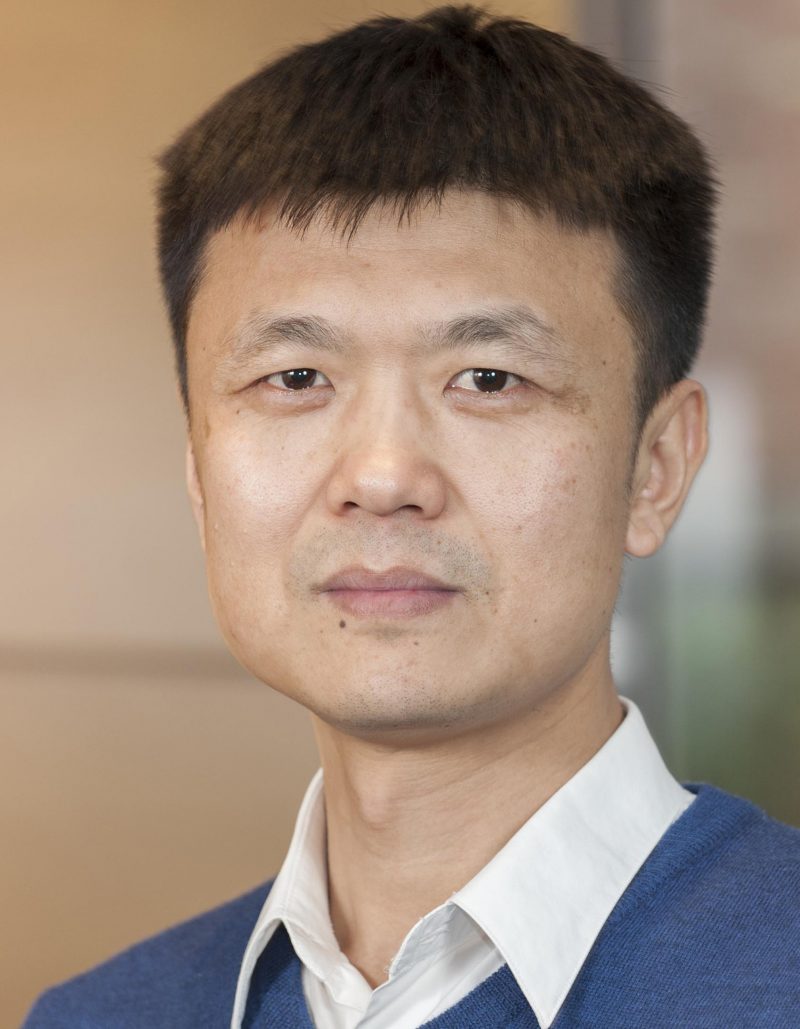

Ming Li
Ming Li received a B.S. in biochemistry from Fudan University in Shanghai, China, and an M.S. in molecular biology from the Shanghai Institute of Biochemistry. After obtaining a Ph.D. degree in immunology at Columbia University, Li joined Richard Flavell’s lab at Yale University as a postdoctoral fellow. In 2007 Li started his lab at Memorial Sloan Kettering Cancer Center. In addition to a Rita Allen Foundation Award, Li has received an American Cancer Society Scholar grant, a Louise and Allston Boyer Investigator Award for Basic Research, a Leukemia and Lymphoma Society Scholar award and an AAI-BD Biosciences Investigator Award from the American Association of Immunologists.
Studies from Li’s laboratory have led to the elucidation of regulatory mechanisms of T cell development, homeostasis, tolerance and memory, as well as mechanisms of T cell regulation in cancer. His research group showed that the evolutionarily conserved TGF-beta and Foxo signaling pathways regulate thymic T cell selection and differentiation. TGF-beta signaling also endows low-affinity T cells with homeostatic properties during thymic selection, while Foxo proteins control the survival and trafficking of naïve T cells in peripheral lymphoid organs. Furthermore, Li’s team demonstrated that TGF-beta and Foxo pathways are pivotal regulators of tolerance by direct and indirect suppression of autoreactive T cells. Using oncogene-driven experimental models of cancer, they showed that TGF-beta signaling in T cells represses antitumor immunity, which is mediated by T cell-derived but not tumor-produced TGF-beta. His lab’s most recent work revealed a distinct lineage of tumor-associated macrophages that arise from inflammatory monocytes through Notch-dependent mechanisms and promote T cell tolerance to tumors. Together, these studies have unraveled the repurposing of ancient TGF-beta, Foxo and Notch signaling pathways for the regulation of highly specialized T cell activities in health and cancer. These discoveries have also established the concept of evolutionary co-option working in concert with innate and adaptive recognition to control immune pathophysiology.